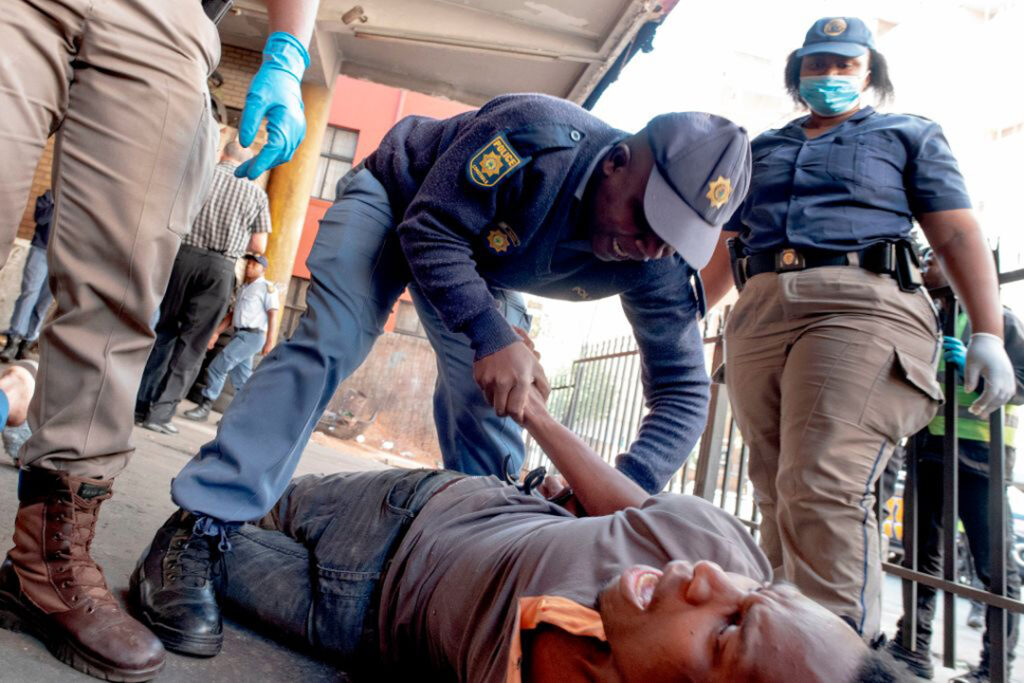ADF STAFF
Economists and health experts agree that severe lockdowns are no longer the best way to respond to the spread of COVID-19.
Citing South Africa, economists at investment bank BNP Paribas, an international banking group, said that a reintroduction of strict lockdown measures will cause financial strain.
Because COVID-19’s omicron strain put less pressure on the country’s health system, the government was able to avoid imposing tough restrictions on its economy and eventually lift nearly all lockdown measures, BNP experts said in a research paper, excerpts of which were published by South African business news website BusinessTech.
“We believe that the hurdles for a return to stricter lockdowns are high, as we expect the government to adopt a more pragmatic approach as it looks to the virus to transition towards an endemic,” the BNP experts wrote.
Nicholas Ngepah, a professor of economics at the University of Johannesburg in South Africa, said people are forced to leave their homes to fulfill basic needs. This negates the value of the lockdowns.
“What has happened during COVID-19 is that people get locked down by strict regulations,” Ngepah said in a story published by the university. “But the majority don’t have the nutrition, basic economic opportunities and infrastructure to cope. It becomes almost impossible for a poor person to keep the rules of the lockdown. The rules are very strict, but people will contravene them. They will be willing to fight with public order policing to get their livelihoods going.”
The BNP paper and University of Johannesburg story were published after Dr. John Nkengasong, director of the Africa Centres for Disease Control and Prevention, said in January that strict lockdowns were no longer a useful way to contain COVID-19.
“The period where we are using severe lockdowns as a tool is over,” Nkengasong said. “We should actually be looking at how we use public health and social measures more carefully and in a balanced way.”
By early February, South Africa announced that the omicron wave had ended. Although masks still were required, schools reopened for the first time in more than a year.
The limited restrictions allowed tourists to return and businesses to reopen. The new approach came after a 30% drop in new COVID-19 cases in late December 2021 and lower rates of hospitalization among those who were infected.
In Cape Town’s Khayelitsha township, Siphelo Jalivane, who owns a milk bar and restaurant, told German media group Deutsche Welle (DW) that he had to close the business two years ago due to financial struggles tied to the lockdown. By February, the business was reopened and jammed with customers.
“COVID has taught us a lot of things,” Jalivane told DW. “You need to put your eggs in different baskets.”
Mfundo Mbeki, who co-owns the business, told DW he never again wants to hear of COVID-19.
“That’s what we are wishing for,” Mbeki said.

